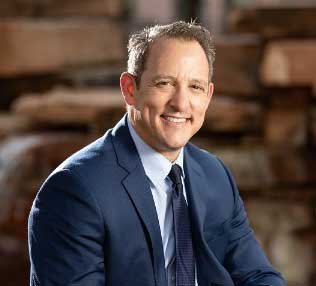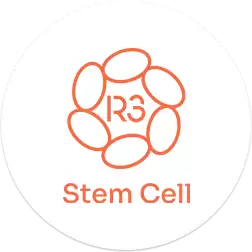Any medical procedure or process is complicated and can be difficult to understand unless you’re a trained professional. After all, who has time to sift through all the studies and research to learn about something such as umbilical stem cell therapy? Luckily, you don’t have to be a doctor to understand the conclusions that are being made from the numerous and ongoing research done by scientists and medical professionals around the world. This article takes a look at the mountains of research to help you better understand umbilical stem cell therapy
Where Do Umbilical Stem Cells Come From?
First and foremost, it should be stated that umbilical stem cells do not come from fetuses or embryos. There is no ethical dilemma concerning the harvesting of these stem cells. The umbilical cord would otherwise be discarded, following a scheduled c-section. The umbilical cord and other donated birth products, called products of conception, are donated by an informed adult undergoing a planned c-section. There is no threat of harm to the baby or the mother as a result of the donation of products of conception.
Regenerative Therapy
Since umbilical stem cells have a painless harvest procedure and have shown great promise in regards to their regenerative properties, they are ideal for use in regenerative therapies. Non-invasive regenerative therapy has emerged as a potential option for boosting the body’s ability to rebuild cartilage, muscle, and other tissue. It has also shown promise in the management of neurodegenerative diseases, diabetes, and heart disease.
Mesenchymal Stem Cells
Mesenchymal stem cells (MSCs) found in umbilical cord blood have shown tremendous promise in the field of medicine. MSCs are categorized as undifferentiated cells, which means they have the ability to self-renew and repair damaged tissue. Stem cells are essentially the building-blocks or the body. They have the ability to transform into other cells that are essential for repairs starting at the cellular level. Since there is no ethical dilemma from the harvesting of these cells, they have been used in numerous studies and in hopes of treating numerous illnesses and injuries.
Success Stories From Stem Cell Therapy
While it’s important to note that no medical procedure or therapy is ever guaranteed success, there is plenty of small study evidence to support stem cell therapy as an alternative to surgery for some illnesses and injuries. After many years of promising studies done with rats, horses, and non-human primates, there was enough evidence to move onto clinical trials with humans.
We do NOT have Level 1 evidence yet for any of these conditions and no formal FDA clinical trial has been conducted.
One study showed promising results in the handling of Crohn’s disease in forty-one patients when umbilical cord mesenchymal stem cells were used.
Another study was done on patients who had experienced stable heart failure. According to the results of the clinical trial, improvements in left ventricular function and quality of life were observed in those patients treated with umbilical cord mesenchymal stem cells.
Yet another trial study showed a reduction of eczema in patients handled with umbilical cord mesenchymal stem cells.
It is also important to note that out of any of these three trials, there were no adverse effects from the stem cell therapy administered.
These are just a few examples of the wide range of studies being done all across the world. UC-MSCs are also being studied for these ailments as well:
- Arthritis
- Back Pain
- Cerebral palsy
- Autism
- Sports injuries
- Neurologic conditions
- Lyme disease
- Fibromyalgia
FDA Regulated
While stem cell biologics are not FDA approved, currently they fall into a category that would not allow them to be approved or denied by the FDA. They are, however, heavily regulated by the Food and Drug Administration. This is important because the regulations help to keep people safe and also ensure that the stem cells are harvested, stored, and transported in the correct manner.
As we move forward, the regenerative biologics will be shifting into the drug category where they can receive eventual FDA approval if the studies bear out the effectiveness.
The R3 Stem Cell Centers Of Excellence around the country only work with labs that are FDA regulated and only use biologics that have undergone rigorous tests and checks to ensure the highest quality and the safest experience for all of our patients.
Conclusion
The mountain of evidence supporting the use of umbilical cord stem cells in regenerative therapy is growing every week. Since these cells are harvested without any threat of harm to the donors and thus without any ethical dilemmas, they are ideal for use. With the way the science is going today, it won’t be long before Level 1 studies are undertaken looking at stem cell therapy for FDA approval of the biologics.
Contact US

Dr. David Greene
MD, PhD, MBA
Dr. David Greene, MD, PhD, MBA, is a pioneering leader in regenerative medicine and healthcare marketing. As a residency and fellowship-trained orthopedic surgeon, Dr. Greene transitioned from clinical practice to become the founder and CEO of R3 Stem Cell and US Lead Network, where he has revolutionized patient care and medical practice growth through innovative therapies and digital marketing strategies. He has authored two influential books on healthcare internet marketing, ranks among the top expert authors globally, and has been featured on the cover of Corporate Vision magazine for his impact on global regenerative therapies. Beyond his professional achievements, Dr. Greene is passionate about education, compassion, and continuous innovation.

No Comments